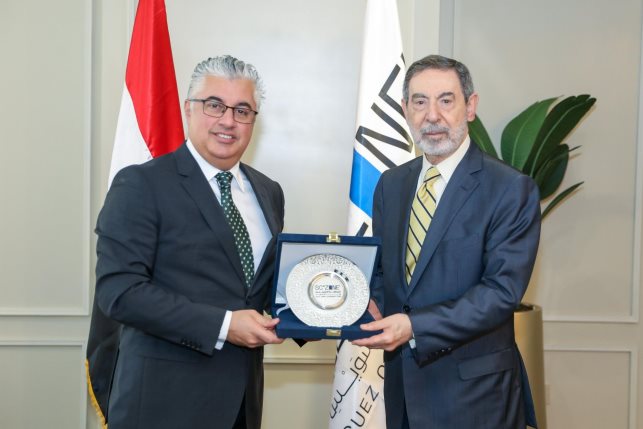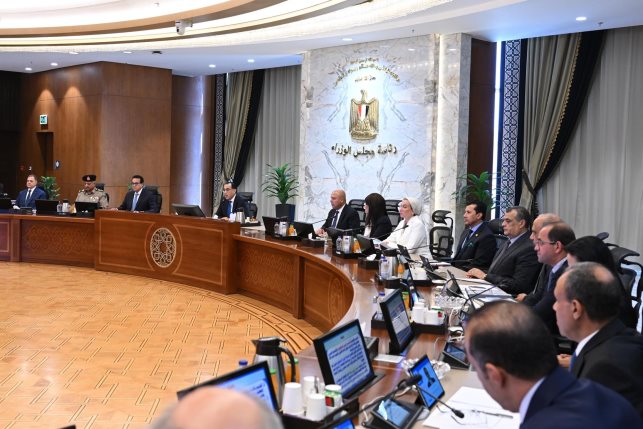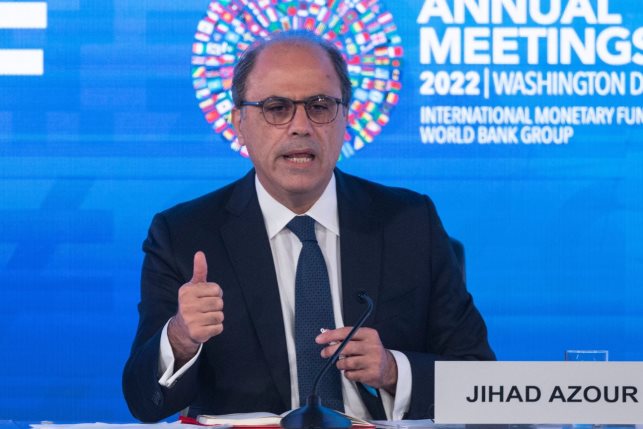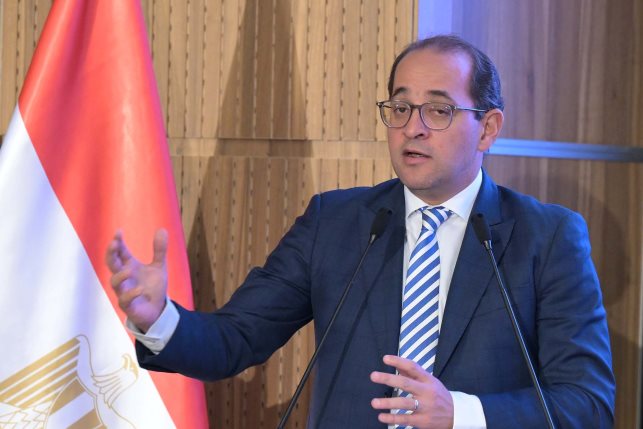IMF reports positive progress in Egypt’s $8B program, too early to consider additional increase
Strengthening the buffers of Egypt is the first line of defense that could help the Egyptian economy withstand any additional external shock, he added.

Egypt's $8 billion program with the International Monetary Fund (IMF) is making significant strides, as the fund's top regional official expressed optimism about the country’s economic recovery.
In a recent statement, Jihad Azour, the IMF's director for the Middle East and Central Asia, noted that while Egypt is on track to meet its program targets, it is still too early to consider increasing the program's size.
“The program is moving in the right direction and is gradually achieving its targets, both in terms of growth recovery and gradual decline in inflation, and a normal functioning of the foreign exchange market,” Azour said during a briefing in Dubai.
Strengthening the buffers of Egypt is the first line of defense that could help the Egyptian economy withstand any additional external shock, he added.
He also indicated that the country is expected to save nearly $800 million over the next six years due to recent reforms in the IMF's charges and surcharges policy, which will provide additional support.
The IMF released its latest Regional Economic Outlook report last week, projecting Egypt's GDP to grow from an estimated 2.7% in FY 2023 to 4.1% in FY 2025, with potential growth exceeding 5% over the medium term.
The forecast is dependent on two key factors: a potential easing of the ongoing conflict between Israel and Gaza, and the continued implementation of essential economic reforms.
The first half of FY2023/2024 was a challenging time for Egypt, the report noted, as “weak confidence and foreign exchange shortages constrained economic activity,” compounded by the tensions in Gaza and disruptions in the Red Sea region.
These factors have created an environment of uncertainty that has affected both domestic and foreign investment.
Tourism in Egypt showed resilience, benefiting from a steady influx of regional visitors, which helped hotel occupancy rates rebound to pre-conflict levels.
In a bid to stabilize the economy, the Egyptian government has focused on reducing its debt levels. The IMF notes that “primary deficits as a share of GDP are projected to improve steadily,” supported by measures aimed at expenditure rationalization and enhanced revenue mobilization.
Egypt's FY2024/2025 budget reflects a commitment to improving tax revenue and reducing subsidies, both of which are essential for fiscal sustainability, the IMF explained.
The government's ongoing consolidation efforts are anticipated to yield a reduction in public debt by approximately 6 percentage points of GDP in FY 2024/25, partially funded by proceeds from the Ras el-Hekma land deal, it added.
Looking ahead, the IMF's team for Egypt is set to travel to Cairo in November to prepare for the third review of the program.
Managing Director Kristalina Georgieva is also scheduled to visit Egypt next week to reaffirm the IMF's support for the country as it navigates these challenging times.





